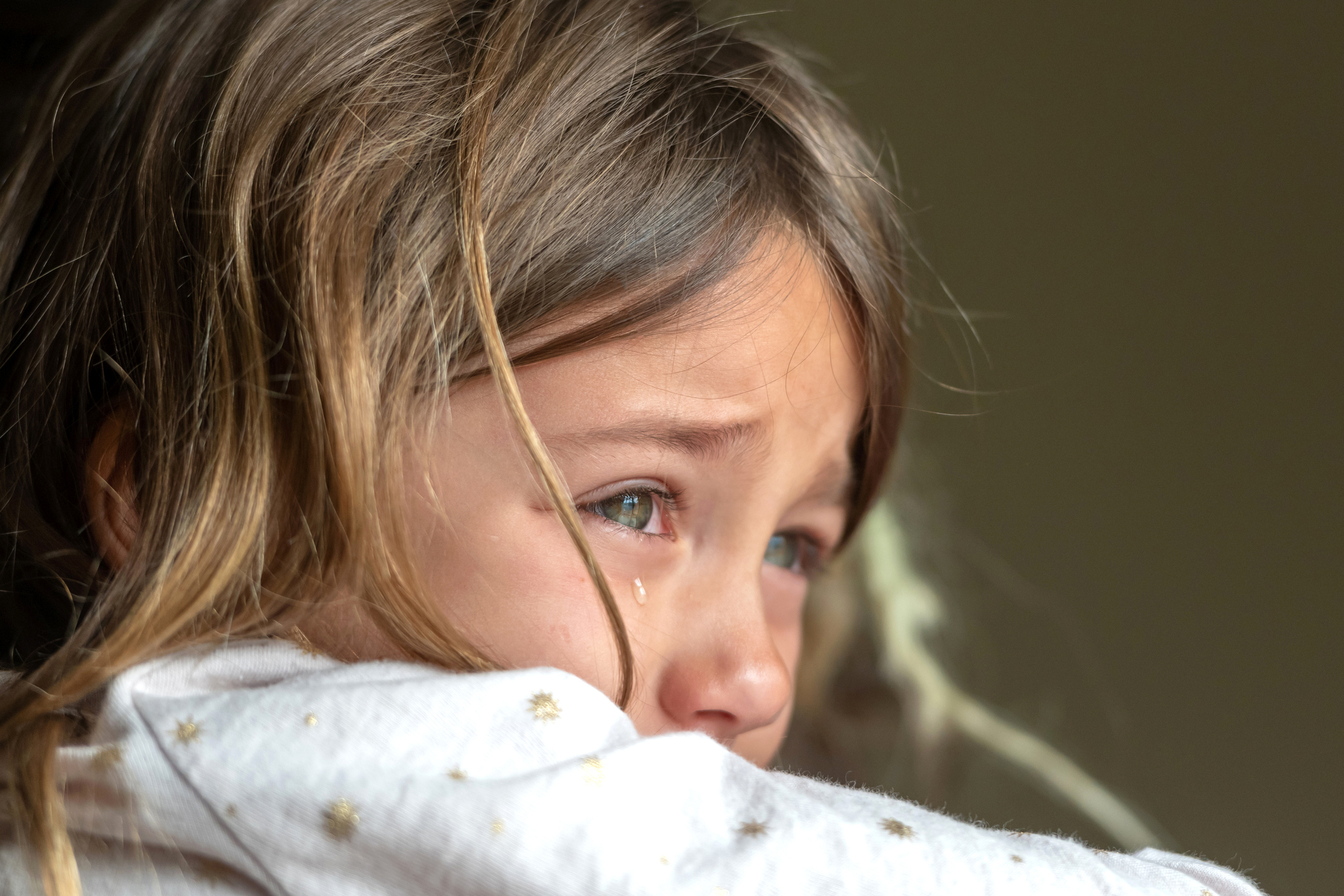Research shows that maltreatment in childhood is a consistent predictor of mental health issues in adult life. Scientists and experts strive to understand this relationship better in order to provide proper and timely support. Effective prevention reduces mental health issue occurrence. Children who have gone through some kind of adversity have different emotional reactivity levels in their relationships compared to their peers that have not experienced same dysfunctional periods of childhood. Psychological treatment by professionals can greatly help these children overcome struggles and prevent difficulties related to mental health later in their life.
Key Takeaways:
- Although as yet not understood fully, data shows children that are maltreated are more mentally vulnerable as they age. Cognition lacks may become apparent.
- Later brain development, including the ability to self-regulate emotions can be severely impacted by events, such as bullying and other types of victimization.
- As they grow, these children will in all likelihood show difficult with executive functioning and show enhanced social threat bias.
“Childhood maltreatment is a powerful predictor of poor mental health later in life.”
Read more: https://aifs.gov.au/cfca/publications/developmental-differences/emotional-dysregulation







